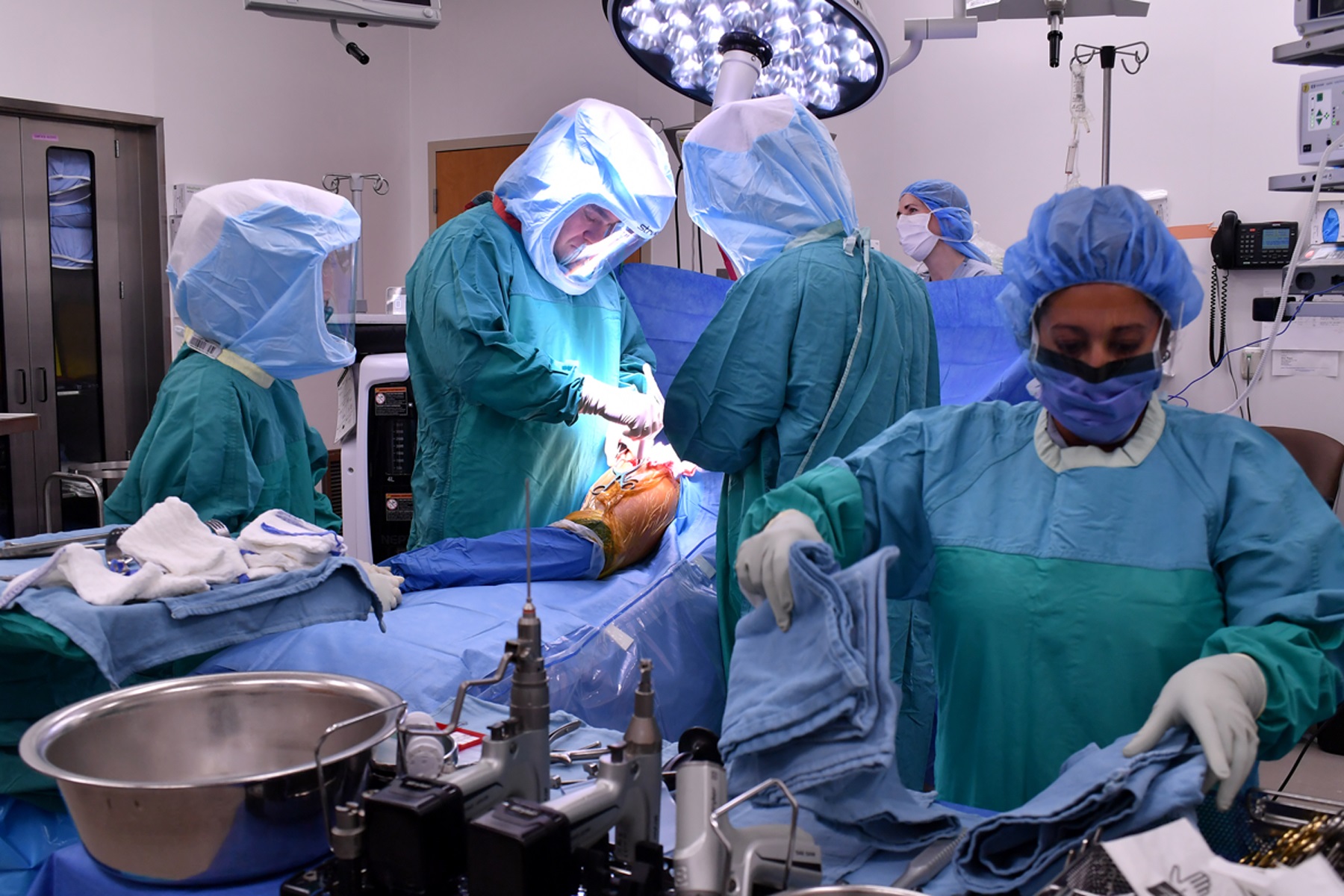We all want to live a happy, healthy and productive life. In order to do that, it’s important to be proactive and take good care of our health. We learn about nutrition, and try to eat a balanced diet with lots of fruits and vegetables that are good for us. Meditation and walking in nature are also key, as they help you stay calm and centered and reduces stress. Good sleep is another component of a healthy lifestyle, and we should also make sure we drink enough water each day.
Without good health, much of daily living becomes an insurmountable challenge. If you get laid off, you can always get another job. If you need a new place to live you can do what you need to do to find a new home. When there is a problem with your health, though, things can sometimes grind to a halt. Health challenges can zap your energy and leave you in too much pain to easily get through the day. Sometimes we can fix things by adopting healthy habits, but in other cases we may find we have structural issues that need to be addressed.
When Should You See an Orthopaedic Surgeon
Orthopaedic surgeons specialize in treating disorders related to the musculoskeletal system. We have some 300 bones and joints in our bodies, and when one or more of them is not working properly or is damaged we can experience severe limitations and intense pain. An orthopaedic surgeon is an expert in assessing and diagnosing issues, and coming up with a treatment plan.
There are some key ways you will know it is time to consult with one of these surgical specialists. If you find that structural issues keep you from doing your regular activities it’s critical to get help. You might also find that your range of motion is limited, or that you are experiencing chronic pain. In some cases, you may even find that you have difficulty with walking or standing.
Types of Orthopaedic Surgery
There are a number of different orthopaedic surgical procedures that could be part of a treatment plan. For joint surgery, you may undergo an arthroscopic procedure. This basically involves making very tiny incisions and then using a small camera to survey the damage inside. Repairs can then be made and recovery is quicker since it is less invasive than traditional open surgery.
Fracture repair procedures may involve either internal implants like screws, plates and wires or external stabilization of the tissue and bones. Some individuals will need arthroplasty, or joint replacement procedures, to greatly improve their ability to tackle everyday activities. At other times, surgeons will do soft tissue repair to fix problems with muscles or tendons.
The Importance of Physical Therapy
Physical therapists (PT) can help you by working with you both before and after surgery. In some cases, a physical therapy program may even make surgery less likely. You can also often improve some conditions by losing weight and getting more exercise.
Often the surgical practice you choose to work with will have physical therapists on staff. They will actively help guide your recovery and can work with you pre- or post-surgery to help reduce your levels of pain. Managing pain levels is critical to continued good health and can also prevent the need for prescriptions for powerful anti-pain medication such as opioids.











